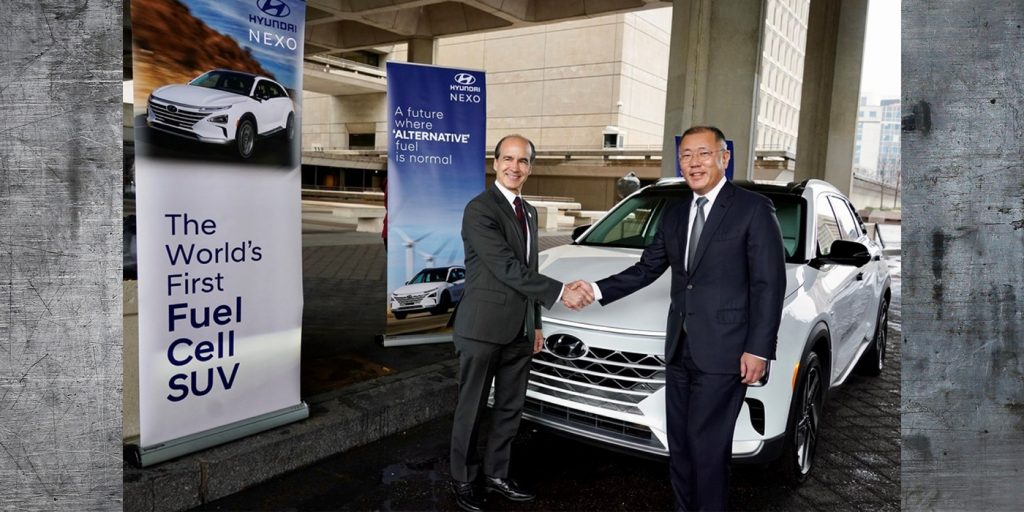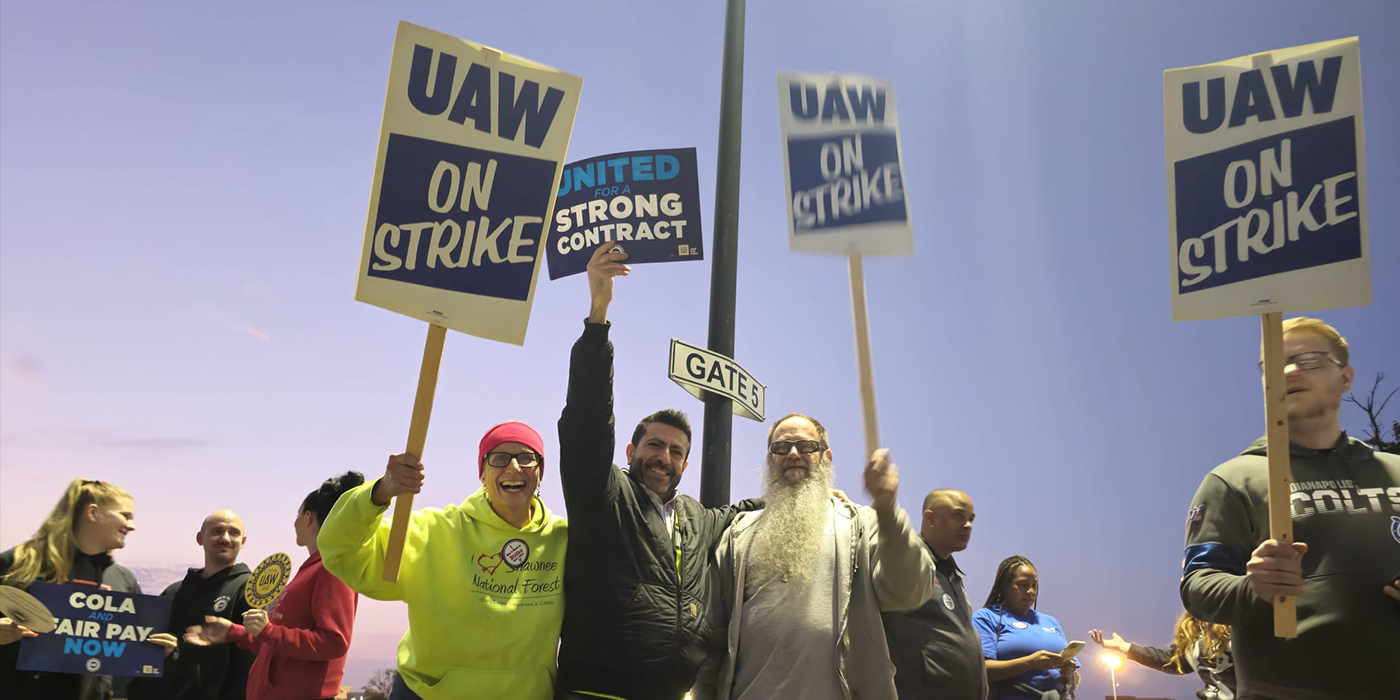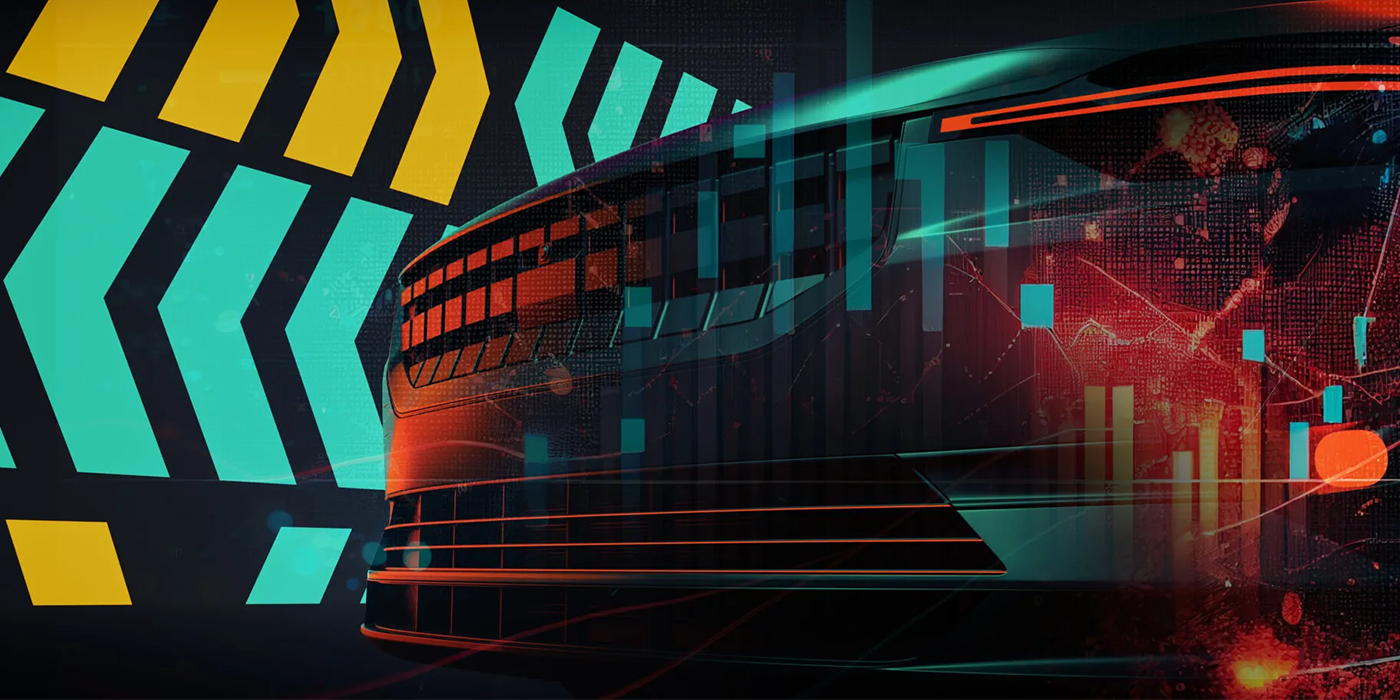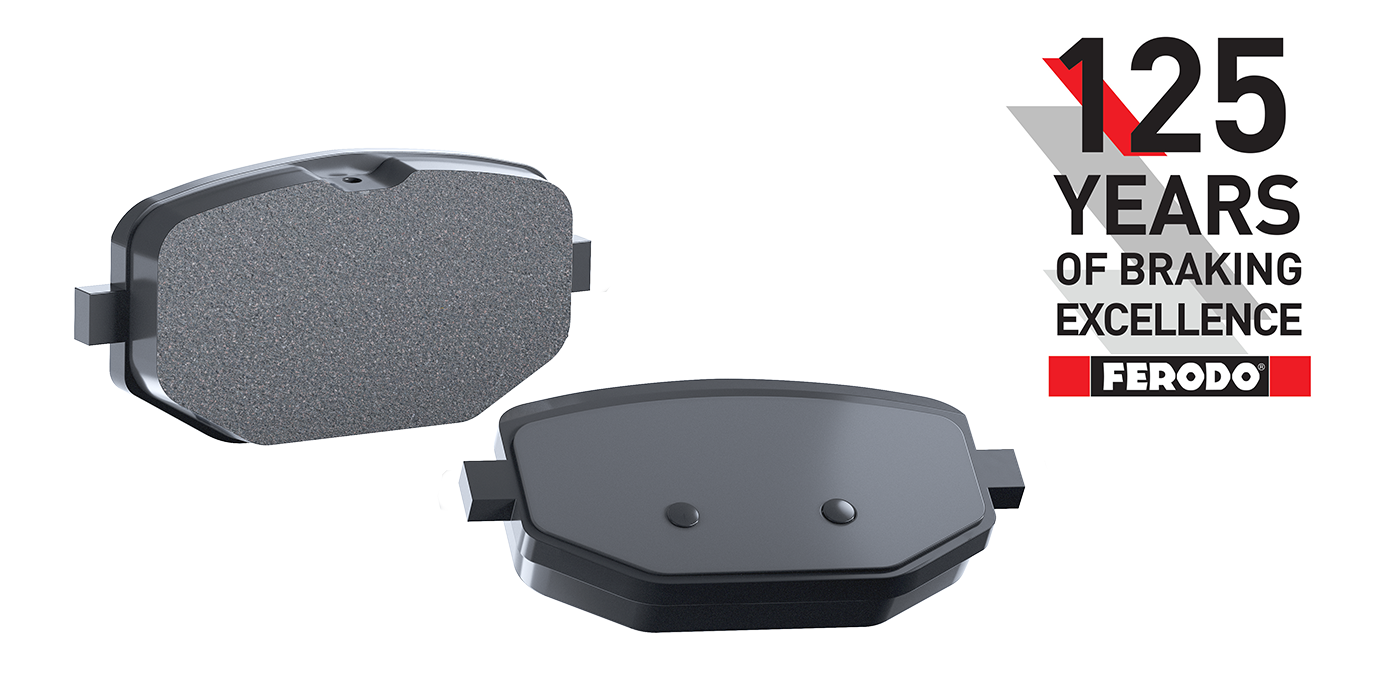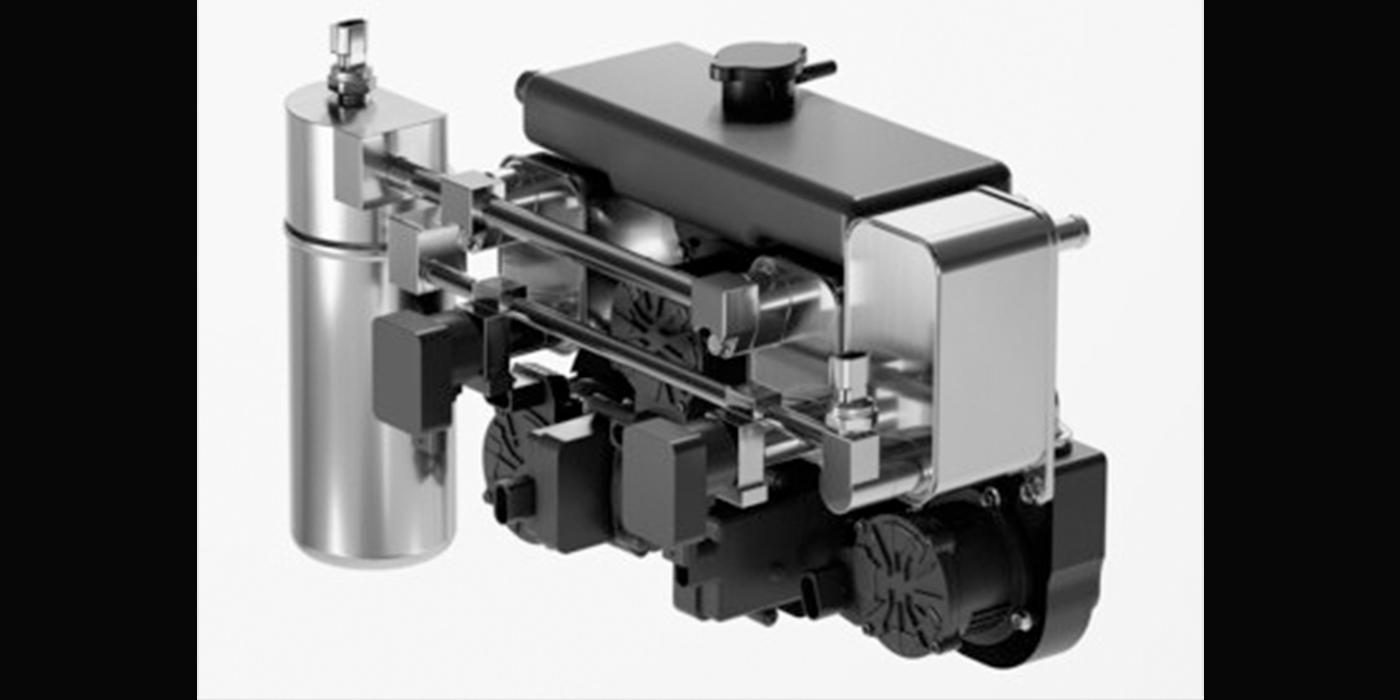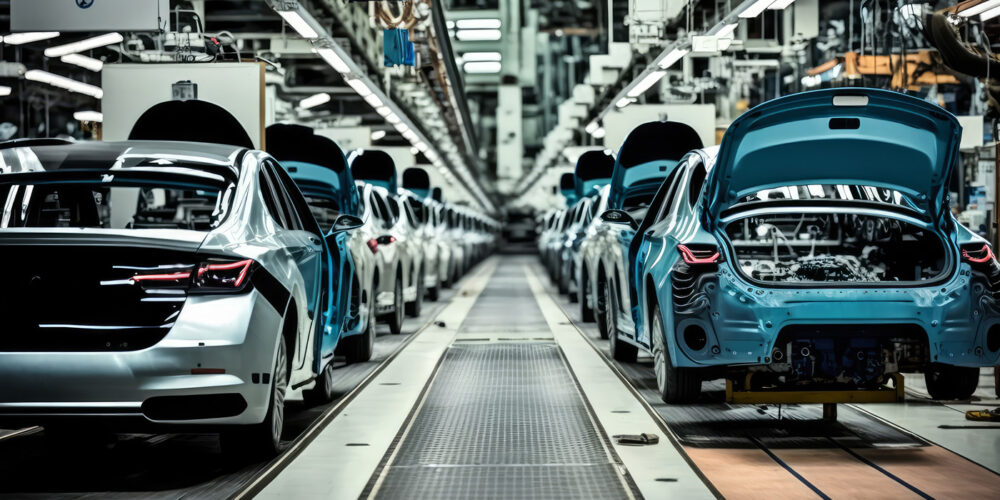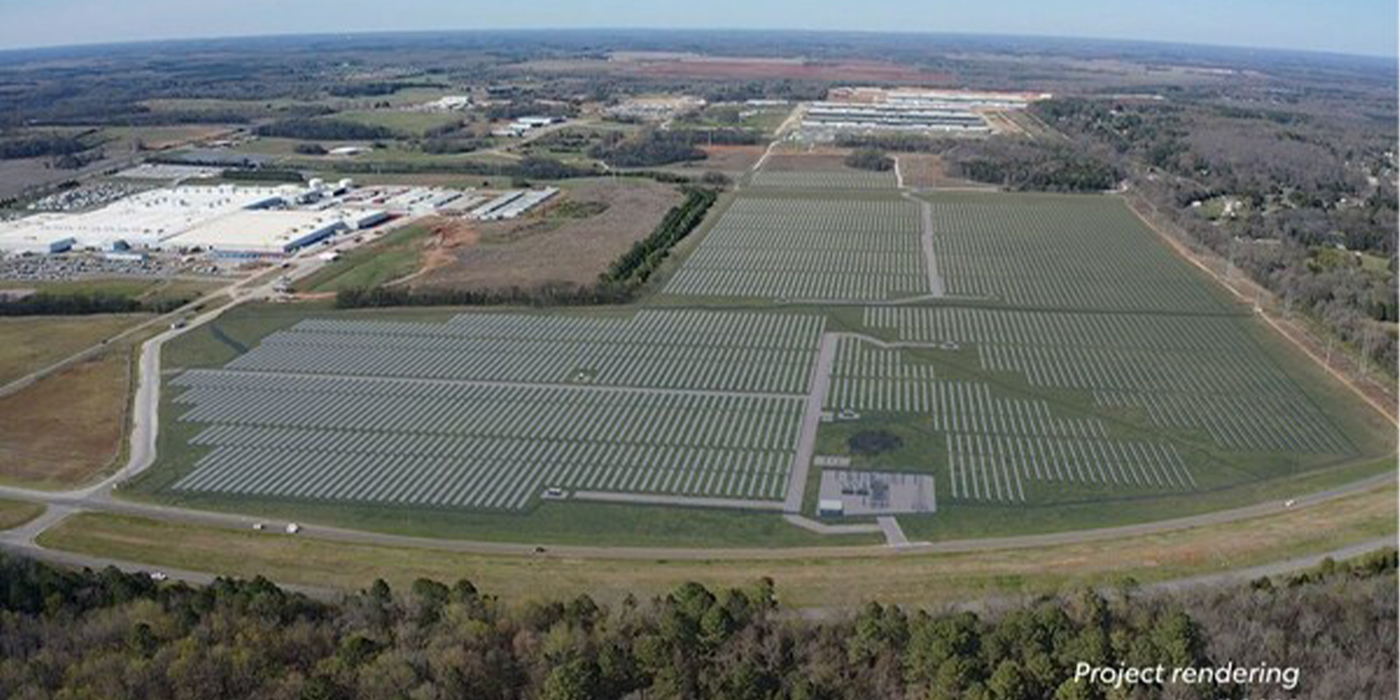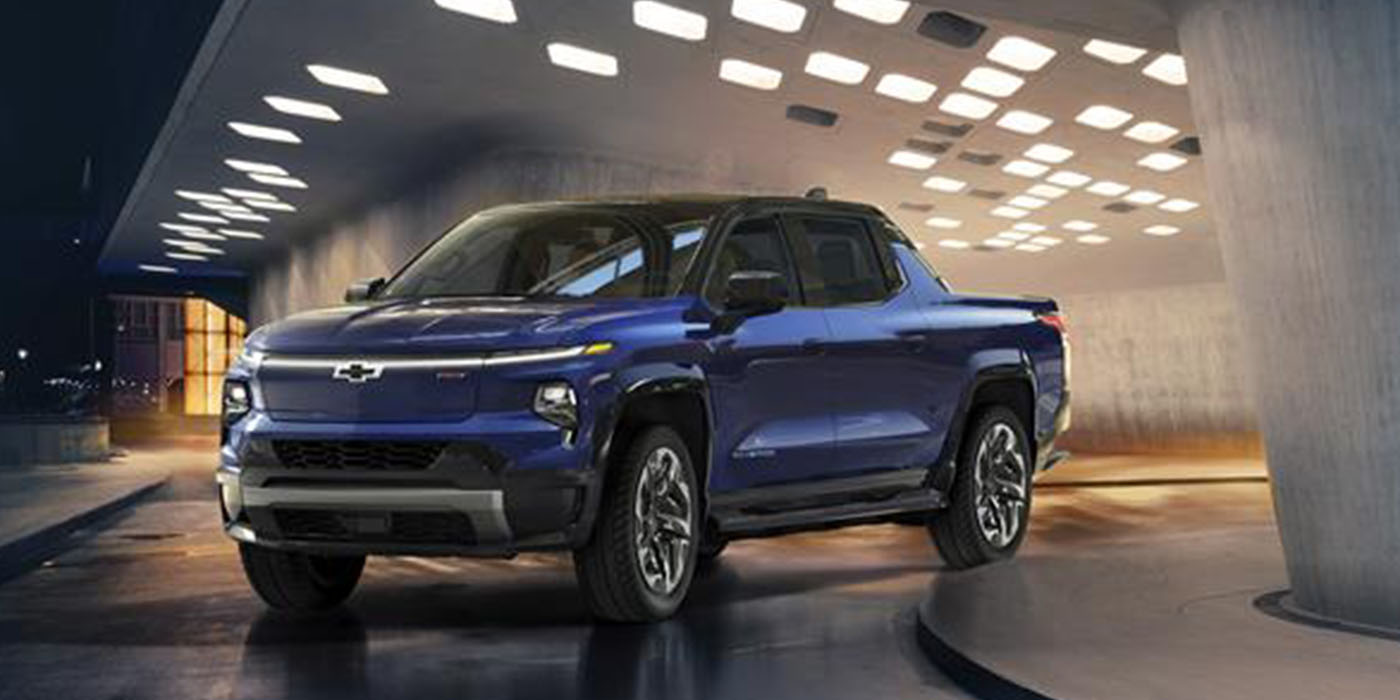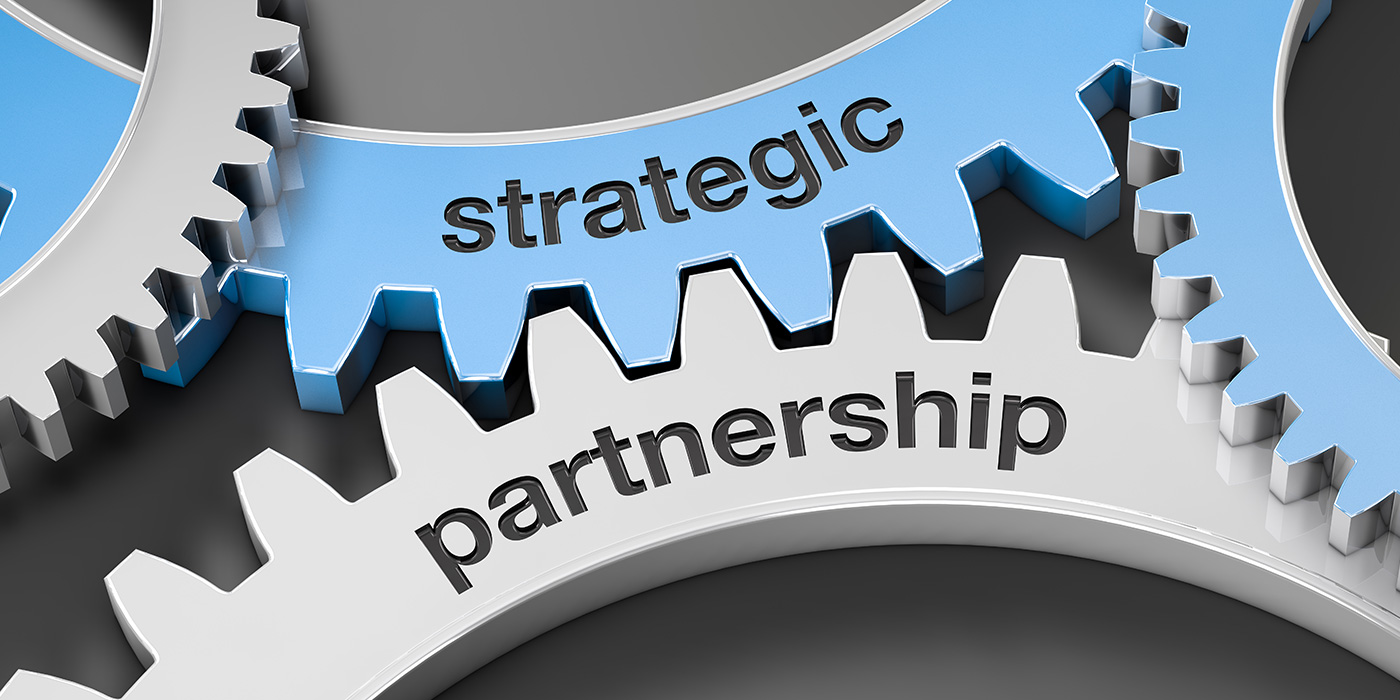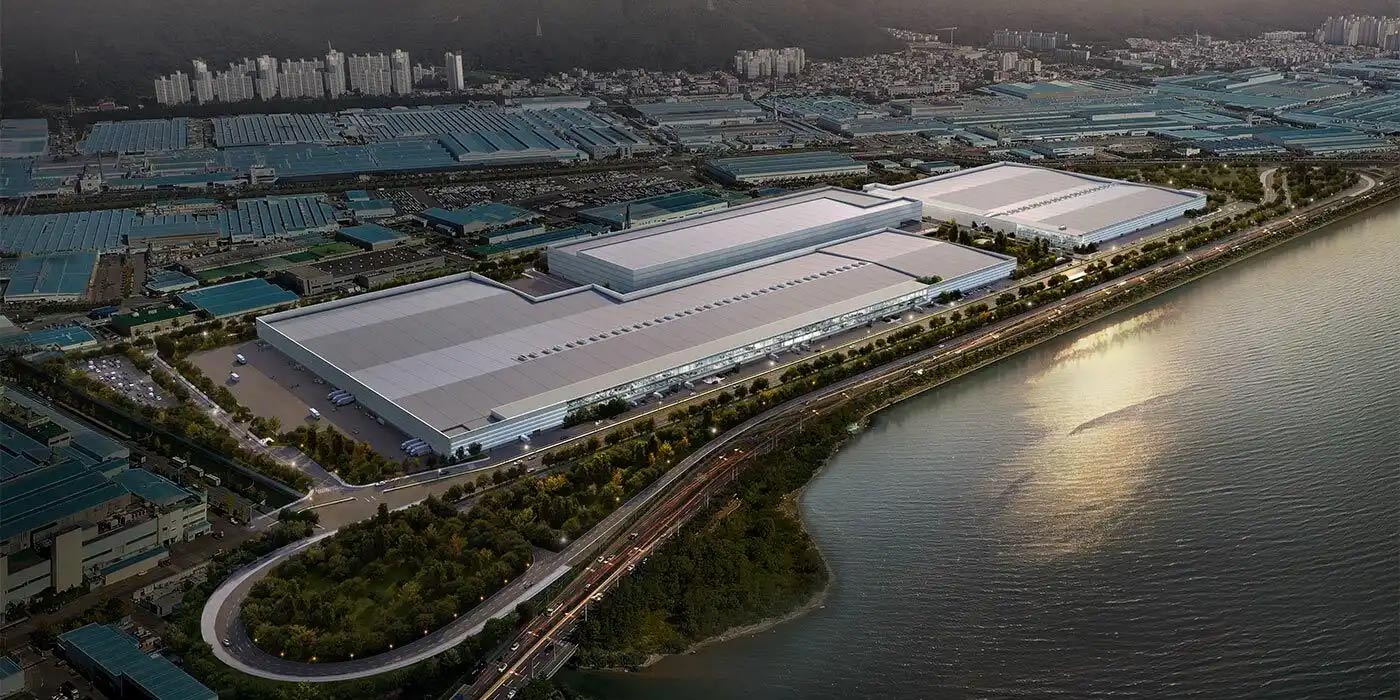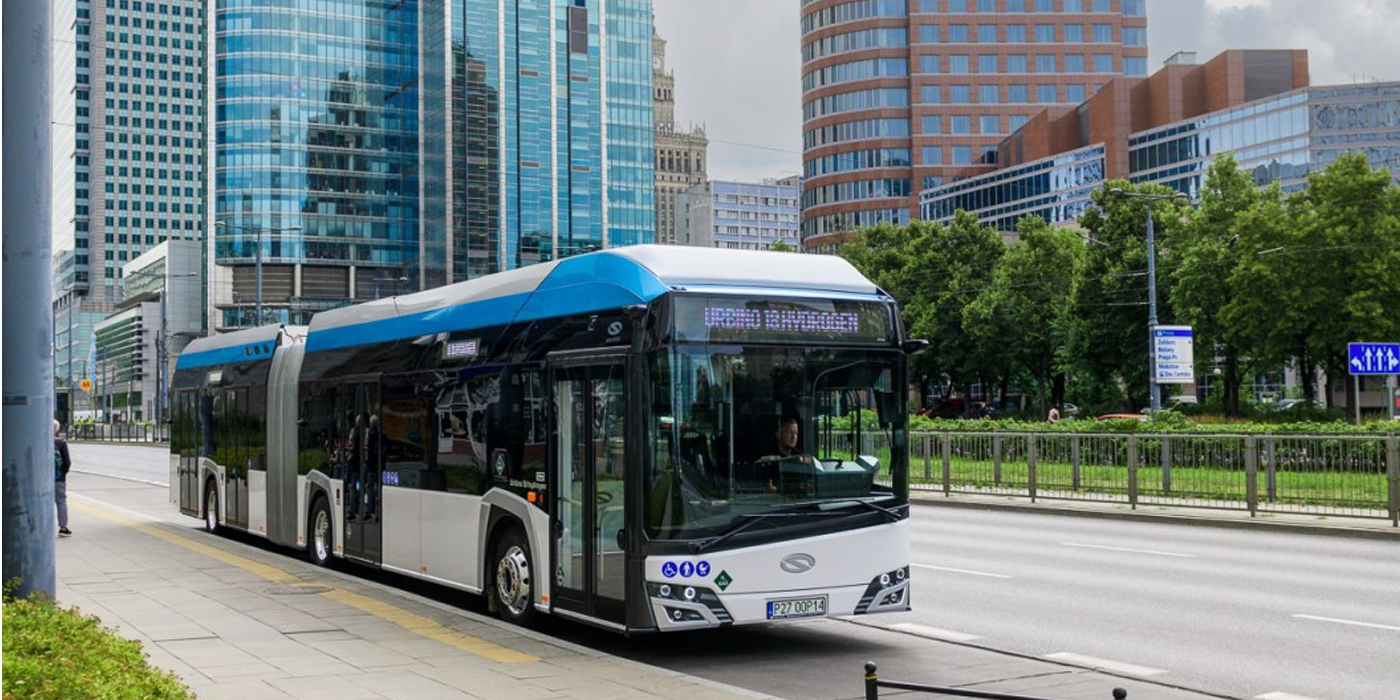Hyundai Motor Co. today announced the expansion of its partnership with the U.S. Department of Energy (DOE) and its support of the DOE Hydrogen and Fuel Cells Program. Hyundai’s commitment aims to increase technical collaboration to better understand challenges and to collect and publish independently validated data from demonstrating fuel cell technologies and hydrogen infrastructure under real world operating conditions.
This partnership, along with other collaborations with global industry partners, will help address technical barriers and enable progress in hydrogen and fuel cell technologies across applications and sectors.
As part of the partnership, Hyundai will provide the DOE with five NEXO fuel cell electric vehicles (FCEV) for use in various regions of the country including Washington, D.C., to help advance research and development of fuel cell technologies. Data from the vehicles and infrastructure will be collected, analyzed and published to identify additional research needs in key areas such as durability, performance and reliability. Activities also will help support training and workforce development programs.
In addition to supporting the U.S. Federal Government’s advancement of fuel cell technologies, Hyundai will contribute funding to install a small-scale hydrogen fueling station in the Washington, D.C., area this fall, previously developed through the Department of Energy’s H-Prize H2Refuel competition.
“Hyundai Motor is proud to partner with and support the U.S. Department of Energy’s Hydrogen and Fuel Cells Program as part of our commitment in supporting the transition to clean energy,” said Euisun Chung, executive vice chairman of Hyundai Motor Group. “With the potential for application across multiple industries, we firmly believe that hydrogen fuel cells are necessary for a sustainable future. We are delighted that our technologies can help the U.S. Department of Energy as it continues to explore the future potential of hydrogen.”
“The Trump Administration is committed to utilizing every source of energy to ensure America’s transportation needs and challenges are aptly met and resolved,” said Under Secretary of Energy Mark W. Menezes. “To meet this commitment, it is essential that we collaborate with industry. We are pleased to partner with Hyundai to help advance fuel cell and hydrogen technologies and ensure our nation’s sustainable transportation future.”
Hyundai provided its first NEXO SUV to the U.S. Department of Energy in 2019. The additional five vehicles will support the Department of Energy through the work to accelerate the progress of hydrogen and fuel cell technologies across a diverse range of applications. This will include work with the Department of Energy’s partners such as the National Renewable Energy Laboratory, as well as other agencies and stakeholders.
Hyundai and the U.S. Federal Government’s cooperation in hydrogen and fuel cell technologies dates back to 2004, when the South Korean automotive corporation and its affiliate Kia Motors Corp. offered 33 fuel cell electric vehicles (FCEV) for the U.S. Department of Energy’s “Controlled Hydrogen Fleet and Infrastructure Demonstration and Validation Project.” From 2012 to 2017, Hyundai took part in the U.S. Department of Energy’s fuel cell vehicle confirmation program, which was launched to help validate the performance of emerging hydrogen and fuel cell technologies.
In December 2018, the wider Hyundai Motor Group (The Group) – including automotive affiliates Hyundai Motor Co. Kia Motors Corp. and parts-maker Hyundai Mobis Co. – announced its long-term roadmap “Fuel Cell Vision 2030” plan, as it reaffirmed its commitment to accelerate the development of a hydrogen society by leveraging its global leadership in fuel cell technologies. As part of this plan, Hyundai Motor Group will boost its annual fuel cell systems production capacity to 700,000 units by 2030.

